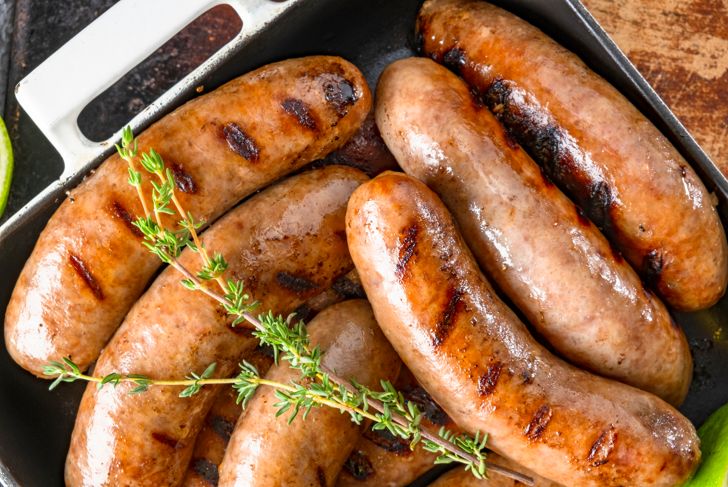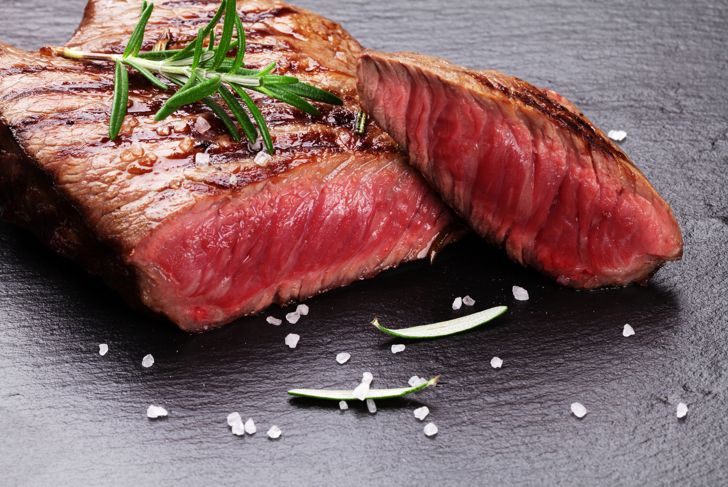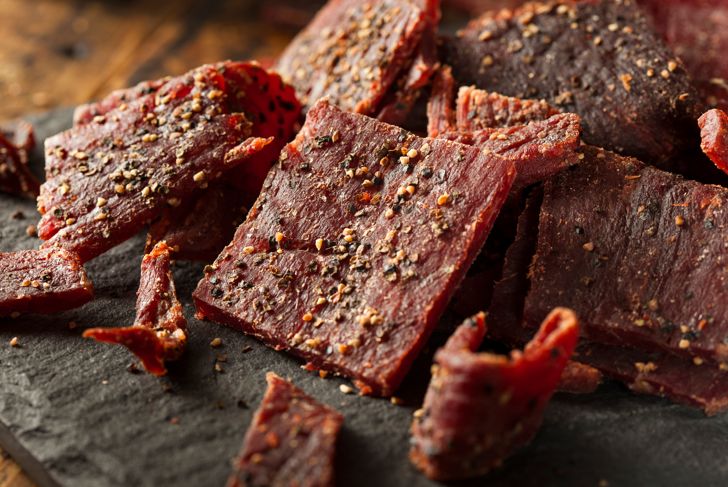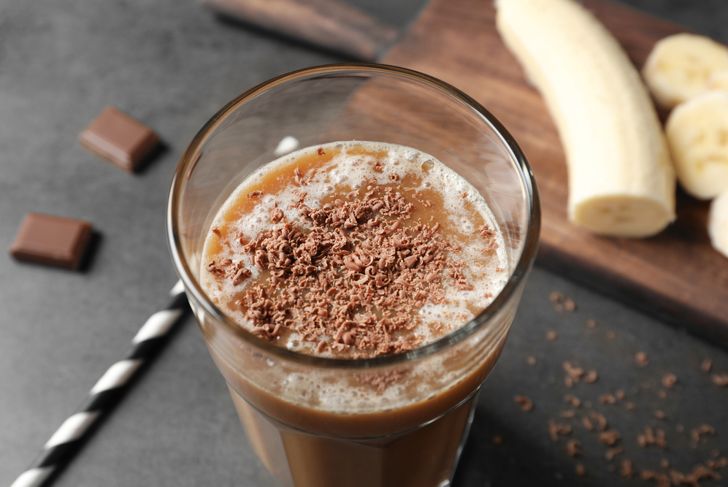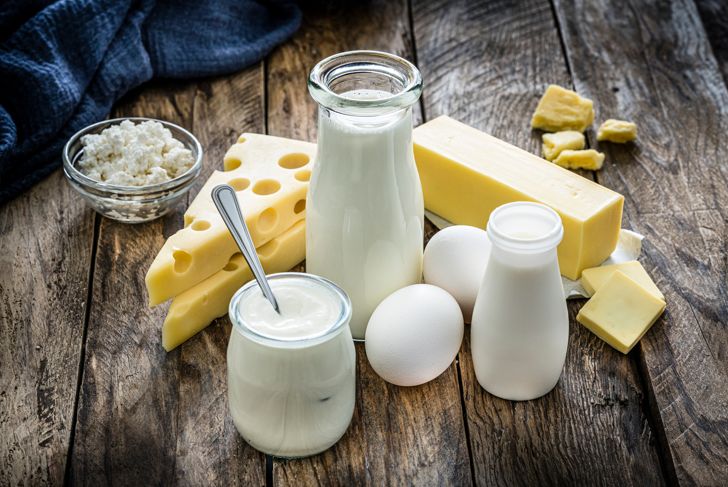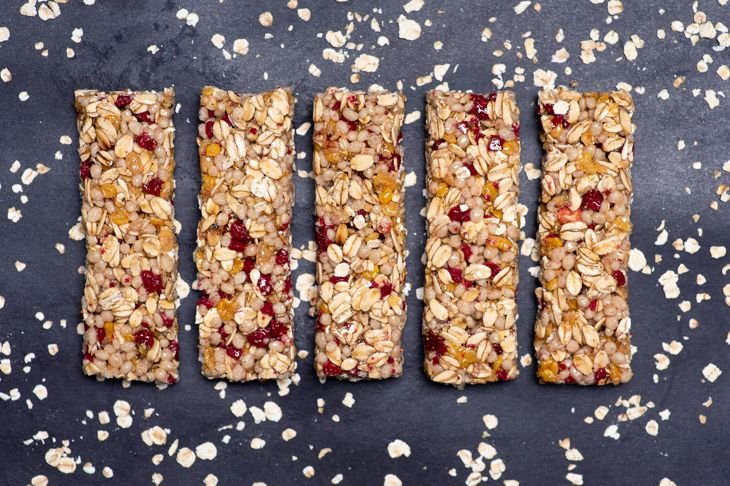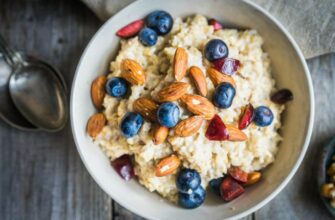Protein is an important nutrient. We couldn’t survive without it. However, all sources of protein aren’t equal. The Dietary Guidelines for Americans 2015–2020 lists some great sources of protein: seafood, nuts, seeds, lean meats, eggs, and legumes.Most foods sold in the United States have nutritional labels that list the amount of protein and other nutrients in each serving. It’s tempting to assume foods with high protein content are healthy, but some protein-rich foods can have negative effects on health.
Meat Substitutes
Many grocery stores now carry everything from meatless chicken nuggets to vegan steak. These foods are appealing to avoid harming animals, and vegan diets are often considered a healthy alternative to animal products. Meat substitute products are often high in protein, but some contain excessive sodium or sugar. Others use soy and gluten-based proteins, although pea and bean proteins may be a better option.As a general rule, look for choices that have a decent number of whole foods listed in the ingredients. Unpronounceable ingredients are not necessarily bad for you, but they shouldn’t be all that’s in your entree.
Processed Meats
Unfortunately, tasty and convenient processed meats contain unhealthy levels of sodium and calories, pretty much across the board. Bacon, sausage, pepperoni, hot dogs, and some deli meats are full of preservatives.To make matters even worse, they don’t actually contain that much protein. A piece of unprocessed lean meat and most fish fillets have more protein content than an equivalent weight of processed meats.
White Pasta
Pasta is extremely popular. It makes an appearance at family dinners, picnics, school lunches, and just about any other occasion that involves food. The nutritional information for most white pasta does mention protein, but they’re also filled with simple carbohydrates.This doesn’t mean pasta has to go. These days, pasta is made from such a wide range of grains, legumes, and vegetables that almost everyone can find healthy pasta dishes to enjoy. Try whole wheat, chickpea, pumpkin, or soba noodles to find a new favorite for day to day, and save the white flour options for special dishes.
Red Meat
Red meat, such as beef, lamb, and pork, should be eaten in moderation. Although it is a source of protein, grain-fed red meat is packed with saturated fat. It also has a negative impact on the environment.Studies find that a diet high in red meat increases the risk of heart attack and stroke. Grass-fed red meat may be a marginally better choice because it provides more omega-3 fats.
Peanut Butter
Peanut butter is a great source of protein and other nutrients, but it also contains saturated fat and sodium. Too much can contribute to weight gain and may increase the risk of heart disease.The key is moderation. This applies to most nut and seed butters, such as almond, sunflower, cashew, and hazelnut butter. Try to avoid spreads with additives like chocolate or jellies, because they contain even more sugar and fat. Luckily, it’s easy to find nut butters that are pure ground nuts, and a few tablespoons per day can be a healthful addition to your diet.
Beef Jerky
Beef jerky is very popular. It has a long shelf-life, so it’s an easy snack for camping, hiking, and other outdoor hobbies. However, meat jerky is packed with sodium, so it’s usually better to swap in more nutritious options when heading out in the wilderness.A study from John Hopkins also links jerky and other nitrate-cured meats to mania, which is an abnormal emotional state. This doesn’t mean beef jerky causes a manic state, but researchers are examining how nitrates may affect people diagnosed with psychiatric conditions.
Protein Powders
Protein powders may seem like an easy way to increase protein intake, but these powders are dietary supplements. This means that the FDA doesn’t regulate them, and there isn’t much information concerning side effects.Recent studies identified 130 toxins in 134 protein powder products. Toxins included lead, arsenic, mercury, cadmium, pesticides, and other contaminants. If you’re using protein powder to increase your intake, just be sure to do your research before you pick one. Don’t assume what it says on the product label is the whole truth.
Protein Shakes
Like powders, protein and meal replacement shakes are often touted as healthy and convenient. However, these shakes may contain mercury, cadmium, arsenic, and lead. Although the number of contaminants in a single drink may be quite low, they add up over time.Some protein shakes contain undisclosed ingredients, and meal replacement shakes may contain high levels of fat and sugar. Eating way too much protein is not better than eating too little, and it’s easy to lose track of protein content in pre-made shakes.
Dairy Products
Dairy products are a source of protein and many other nutrients. However, relying on dairy too much can also contribute to weight gain. An ounce of cheddar cheese contains 7 grams of protein and 6 grams of saturated fat. Excessive weight gain may increase the risk of cancer, high blood pressure, heart disease, and other health issues. It’s usually best to eat these foods in moderation.
Protein Bars
Protein bars seem like a healthy alternative to candy bars. This may be true, but it depends on the type of protein bar and the amount consumed.Some protein bars have extremely high levels of sugar and fat that turn them into an unhealthy snack choice. Many people reaching for that extra protein boost don’t actually need it. A balanced diet should provide sufficient protein for a healthy adult in the United States.

 Home
Home Health
Health Diet & Nutrition
Diet & Nutrition Living Well
Living Well More
More
